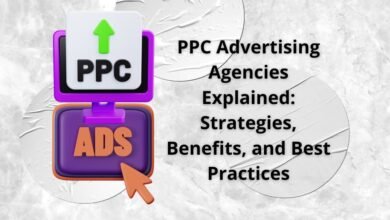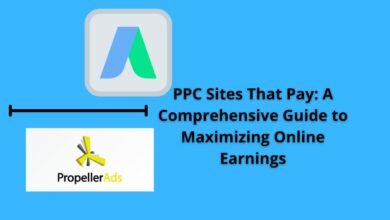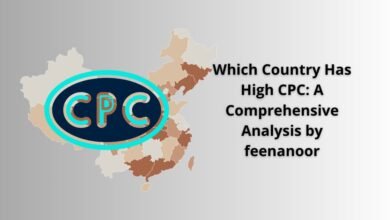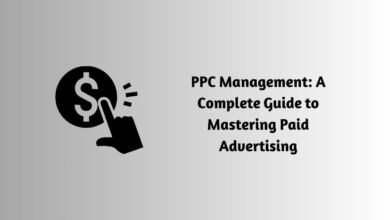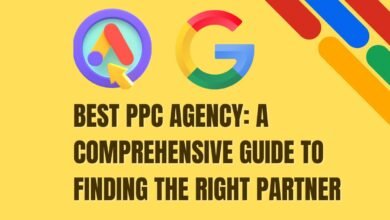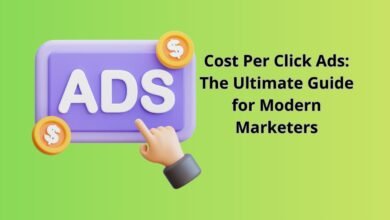SEO vs PPC: Understanding the Key Differences and Choosing the Right Strategy
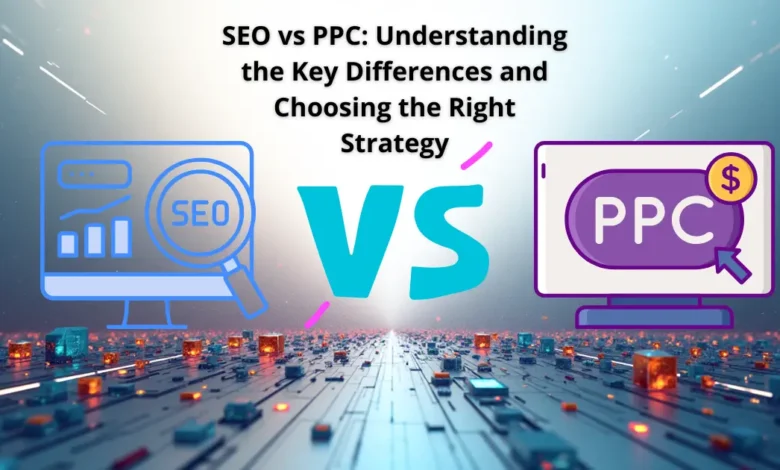
SEO vs PPC – Learn the key differences between SEO and PPC, how each works, and which strategy fits your business goals for long-term growth and visibility.
table of contents
The Battle Between SEO vs PPC: What Really Drives Results
When it comes to digital marketing, the debate of SEO vs PPC never seems to end. Both are powerful tools to drive traffic, leads, and sales—but they operate in completely different ways. Understanding how each works, their benefits, and their limitations can help you choose the right approach for your business in 2025 and beyond.
What is SEO?
Search Engine Optimization (SEO) is the process of improving a website’s visibility in organic search results. It involves optimizing on-page content, improving site speed, building backlinks, and using relevant keywords so that search engines like Google rank your pages higher.
Unlike paid ads, SEO focuses on organic traffic, meaning you don’t pay per click or impression. Instead, you invest time, effort, and sometimes professional resources to build lasting authority.
PPC Advertising Agencies Explained: Strategies, Benefits, and Best Practices
Key Advantages of SEO:
- Long-term growth: Once your site ranks, it can bring free traffic for years.
- Trust and credibility: Users often trust organic results more than ads.
- Cost efficiency: No direct cost per visitor once your ranking is stable.
Drawbacks of SEO:
- Takes time: Ranking can take months, especially for new websites.
- High competition: Some industries are extremely competitive.
- Constant updates: Search algorithms evolve, requiring ongoing optimization.
What is PPC?
Pay-Per-Click (PPC) advertising is a paid marketing model where advertisers pay each time a user clicks on their ad. The most common platform is Google Ads, but PPC extends to social media and e-commerce networks like Meta, LinkedIn, and Amazon Ads.
PPC gives you instant visibility—your ad can appear at the top of search results within minutes of launching a campaign.
Key Advantages of PPC:
- Immediate results: Perfect for new businesses or short-term campaigns.
- Precise targeting: Reach users by keywords, demographics, location, and behavior.
- Scalability: Easy to adjust budget and measure ROI in real time.
Drawbacks of PPC:
- Can be expensive: Especially for competitive keywords.
- Short-term traffic: Once you stop paying, your traffic disappears.
- Ad fatigue: Users may skip over ads due to overexposure.
SEO vs PPC: Which is Better?
The truth is—neither is better universally. The choice depends on your goals, timeline, and budget.
If you want long-term sustainable growth, SEO is the foundation. It builds trust, brand visibility, and authority. However, if you need instant exposure and measurable conversions, PPC can deliver results right away.
In most successful strategies, SEO and PPC work together. You can use PPC to generate traffic while building your SEO presence for the long term.
How SEO and PPC Work Together
Smart marketers don’t choose one over the other—they combine both:
- Use PPC to test keywords: Before investing in SEO, PPC helps you identify which keywords convert best.
- Boost visibility: Running both increases your presence in search results—organic + paid.
- Remarketing: PPC can retarget visitors who discovered your brand through SEO.
- Data synergy: Insights from PPC campaigns can guide SEO content strategies.
This hybrid approach ensures brand dominance across search results while optimizing your ad spend.
The Future of SEO vs PPC in 2025
As AI and machine learning reshape digital marketing, both SEO and PPC are evolving:
- SEO is now driven by user experience, E-E-A-T (Experience, Expertise, Authoritativeness, and Trustworthiness), and voice search.
- PPC is powered by automation, smart bidding, and AI-generated ad creatives.
Marketers who can adapt to these shifts—balancing organic authority with intelligent ad spending—will lead the digital race.
Final Thoughts
The SEO vs PPC debate isn’t about choosing sides—it’s about balance. SEO builds your brand’s foundation, while PPC accelerates growth and visibility. When combined, they create a digital marketing powerhouse capable of both immediate impact and long-term success.
FAQs
1. Is SEO cheaper than PPC?
In the long run, yes. SEO requires upfront investment but generates free traffic over time, while PPC costs money for every click.
2. How long does it take for SEO to show results?
Typically, 3–6 months for noticeable growth, depending on competition and strategy.
3. Should small businesses use PPC or SEO first?
Start with PPC for quick visibility and leads, then invest in SEO for sustainable growth.
4. Can PPC improve my SEO rankings?
Not directly, but PPC can increase brand visibility and traffic, which indirectly benefits SEO performance.
5. What’s the best strategy for 2025?
Combine both. Use PPC for short-term results and SEO for long-term authority.
Discover more from Feenanoor
Subscribe to get the latest posts sent to your email.






